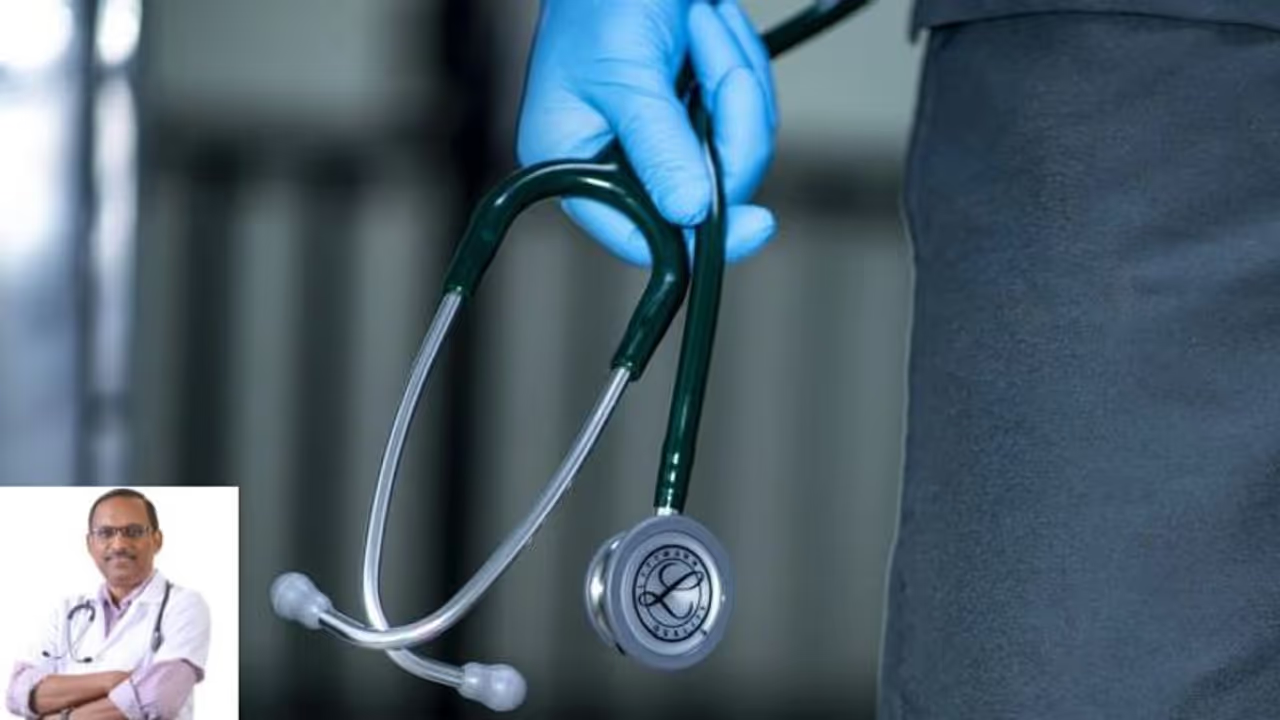A healthy and understanding professional relationship between the patient or the caregiver and the treating physician is absolutely essential to the success of the treatment, says Dr Satish Balan.
Every year on March 10, World Kidney Day is observed with an aim to project important aspects of kidney diseases and to create awareness about kidney-related disorders. This year, the theme was 'Bridging the knowledge gap to better kidney care'.

This is particularly important for our country as every doctor sees a large number of patients and communication between the doctor and the patient may not be optimal. Patients many times are led astray by quacks promising a quick fix, unproven so-called 'simple remedies' on the Internet, apart from many other sources of unverified information. Doctors also may not have sufficient time to explain every aspect of the disease to the patient and satisfy their questions.
Also Read: Want to keep your kidney happy? Here are some tips you should follow now
How do we improve the situation? Doctors must spend more time with the patients and provide proper and evidence-based answers to their questions. But it would be impossible to spend enough time with all patients for this.
An alternative would be to direct them to reliable and authoritative sites on the internet, videos and other material which has been vetted by the doctor. Pamphlets and handouts will also be useful.
The patient and the caregiver will need to discuss the illness with the doctor, and ensure that they are not misled by fake treatment and propaganda.
Too often, many physicians have seen their patients with sudden worsening, having stopped the treatment they are on, only to follow unproven and sometimes harmful therapies and reach irreversible stages of kidney malfunction.
Also Read: Do you have kidney problems? Know types of genetic diseases that affect kidneys
Bridging the knowledge gap is the key to successful treatment and follow up. Newer therapies of proven effectiveness can then be tried out with confidence. An understanding of the process of dialysis and transplant, should they be indicated, is essential if they are going to be successfully implemented.
Let us all hope that the knowledge gap reduces and disappears. A healthy and understanding professional relationship between the patient or the caregiver and the treating physician is absolutely essential to the success of the treatment. And so many lives can be saved.
The author is a senior consultant and coordinator at the Department of Nephrology at KIMSHEALTH.
